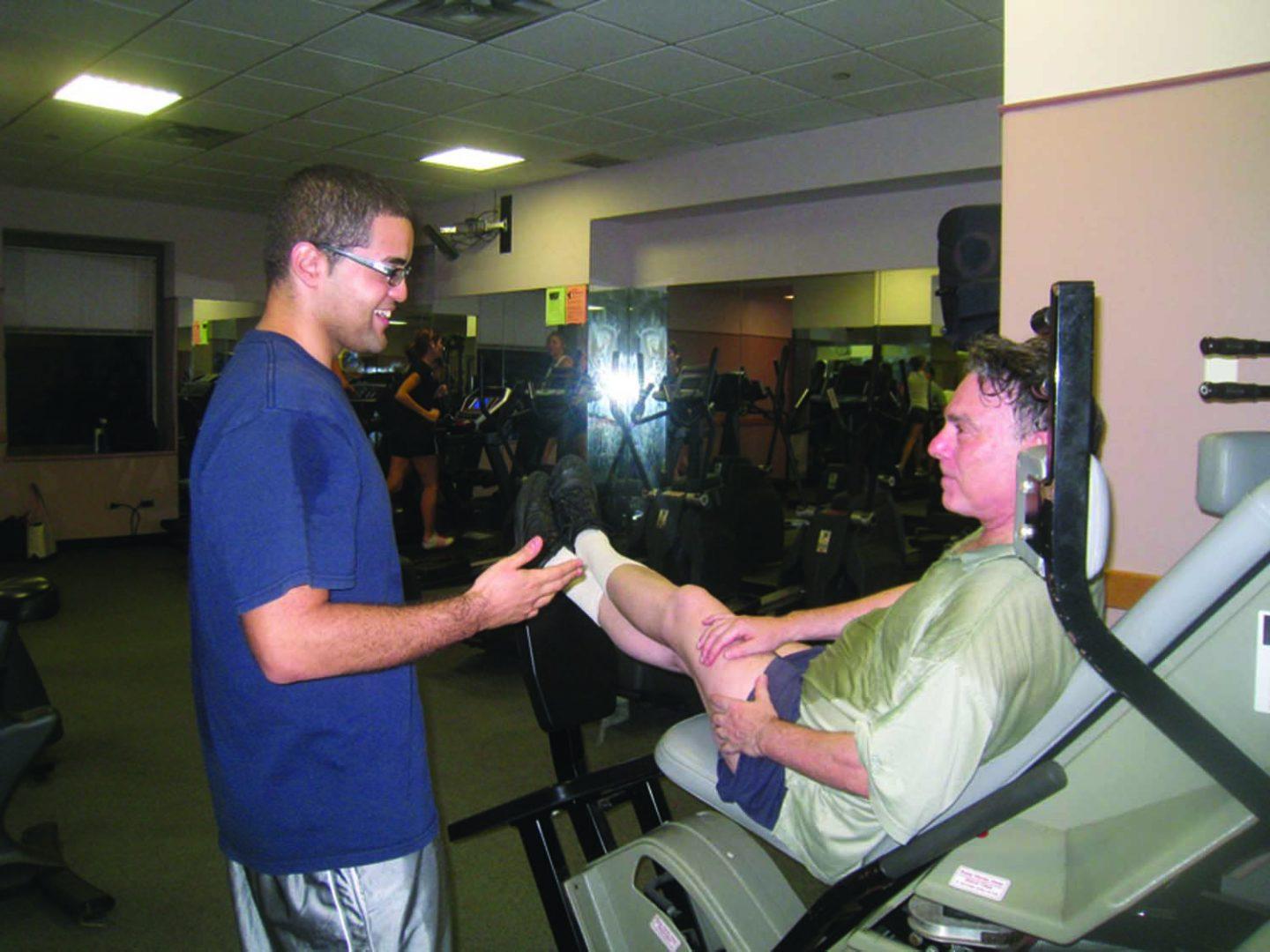In Good Company: Could Socializing Help You Stay Trim?
October 5, 2011

In social psychology, there is a phenomenon called social facilitation where people perform simple, well-learned tasks better in the presence of an audience than if they were to do it alone. We see this all the time in competition and even trips to the gym where peer pressure and the knowledge that we are being watched forces us to step up our game. It turns out that the phenomenon may apply on a deeper biological level.
Recent studies have shown that when mice were placed in socially demanding situations, their bodies responded by burning more calories than solitary mice. Although the study only concerns mice, researchers believe these results may have very useful implications for humans.
Scientists at Ohio State University conducted a series of experiments on mice to test the influence of groups by creating “socially challenging environments,” meaning that 15 to 20 mice would participate in activities together, such as mazes, running wheels and playing with toys. In comparison with solitary control mice, the social mice lost more weight and even gained less when fed a high-fat diet.
Researchers think that the key to weight control may be in distinguishing annoying abdominal white fat (which is difficult to lose) and useful brown fat (which regulates body temperature by burning energy for heat). Unfortunately, deposits of brown fat diminish with age, but hope is not lost! It’s possible to transform white fat into brown fat by weaning yourself off central air and letting your body warm itself and by creating fight-or-flight situations that activate your sympathetic nervous system, as with stressful situations or competitive atmospheres.
This is where socializing comes in. If hanging out with your friends is too calming or you’re not really into the idea of gym buddies, you may want to give your “frenemies” a call, and turn that toxic relationship into a weird, mutually beneficial relationship.
While Fordham College at Lincoln Center (FCLC) had mixed responses to the study, the general consensus on the socialization trimming theory was disbelief.
Chelsea Gizzi, FCLC ’14, said she thought the opposite was true in that “talking to strangers is much more stressful.” This makes sense since we would hardly expect our friends to put us in panic mode every time we see them or that would not be a great friendship.
Other students had a hard time applying animal research to human behavior. “Human socialization is far more complex than dolphins, let alone mice,” Aaron Harounian, FCLC ’13, said. “Increased socialization leads to eating at restaurants and drinking, which is a big component of modern human socialization. Those extra carbohydrates are stored as fat if consumed regularly enough. Maybe the socializing mice were preoccupied by the other mice and had less time to eat for the sake of having something to do. The mice had more structure in their lives and less time to do anything unnecessary.”
Given that human behavior is a little more complex than that of mice, it’s not so easy to assume that controlled experiments with mice will provide big leaps for the rest of us. Although she sees the possibility of a link between the two, Piyali Syam, FCLC ’12 thinks it’s simply not strong enough right now. “Just because there’s a link between brown fat and socializing, and weight loss and brown fat, doesn’t necessarily mean that socializing can cause weight loss. It could simply be one factor and while the research is worth investigating, I don’t think it’s enough to base a conclusion on.”
Finally, weighing in on the intricacies of human interaction, Louie Sullivan, FCLC ’13 said, “It’s all about what you do with what you have. I don’t think just the act of socializing alone can help you lose weight, but the skills you gain from socializing can help you channel your stress into something more useful.”
Although the research is still incomplete, I doubt the research on the motivating powers of stress and peer pressure rings true for all of us. On that note, if any reader is looking to increase their stress and certainly heart rate, it’s recommended to lurk around campus and ask unsuspecting students about their weight issues.











